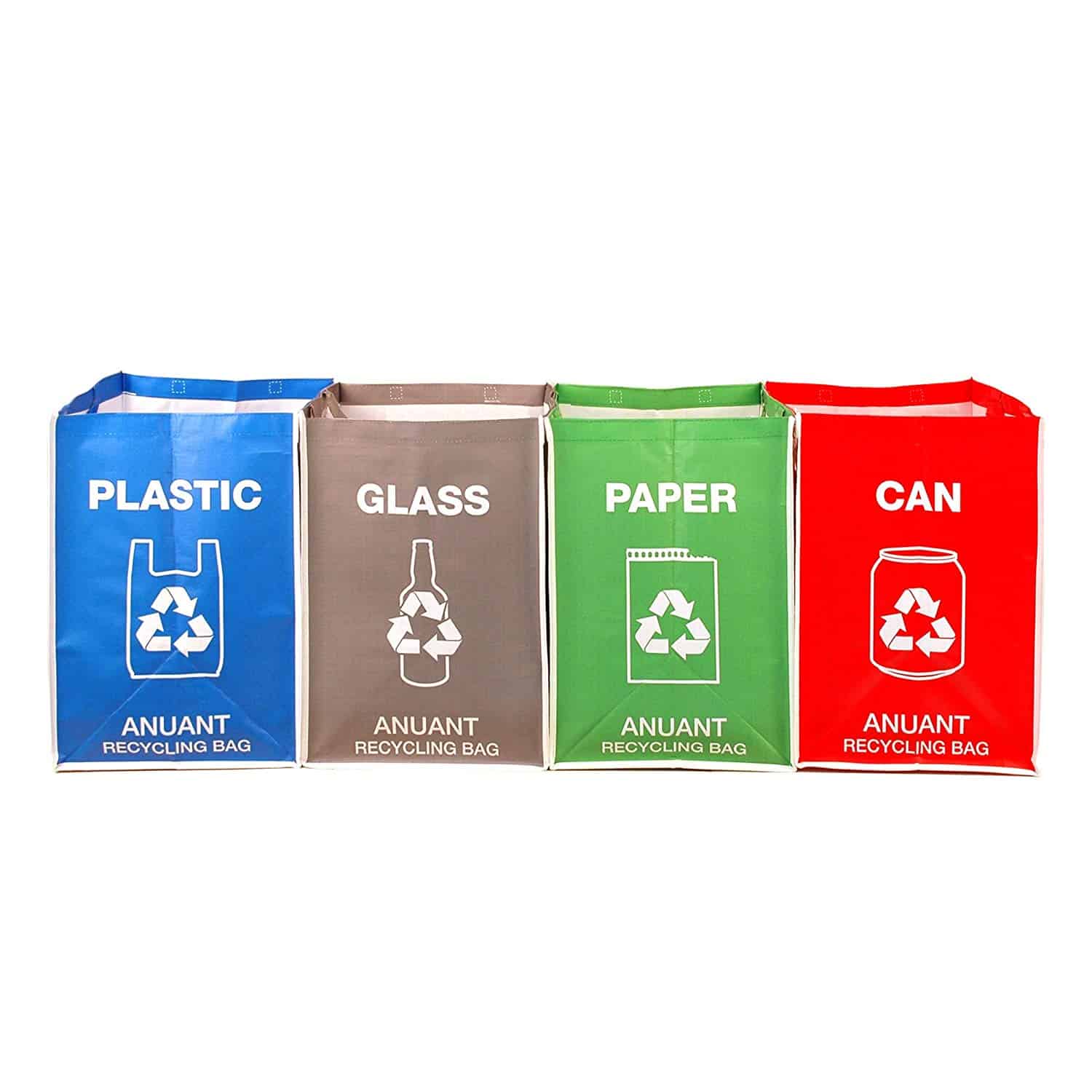Most of the population realizes how important recycling is for our environment, and while most do some, there is so much more we could all be doing. For many people, it isn’t a lack of desire to be good stewards of this planet we call home. Rather, it’s often a lack of knowledge or some confusion about what can and can not be recycled. Hopefully, the following information will provide some clarity, and we all can take more steps in the right direction towards reducing our waste and recycling more. After explaining some of the basics, we’ll move into some helpful tips to streamline recycling at home and make it more convenient.
Basics “Do’s and Don’ts” of Recycling
- Do look into your local recycling center and familiarize yourself with their policies. Not every recycling center accepts the same items. Some pay for certain recyclable materials, while others do not. To find out which items they accept, check their website or give them a call.
- Do separate your cans and bottles at home. It makes the process much faster if items are separated before heading to the recycling center.
- Do recycle all that junk mail. Nearly all junk mail is recyclable so clear that clutter while also recycling. Even better, decrease or even stop all that junk mail by emailing those companies and asking to be removed from mailing lists.
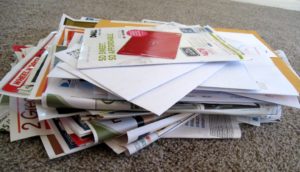
- Do try to Reuse items or donate before sending out with the recycling or the trash bin. Changing our “consume and trash” mindset, retraining ourselves to buy responsibly thinking about reusing items or buying less disposable items when possible.
- Do think beyond the kitchen. There are probably dozens of recyclable bottles and tubs sitting in your bathroom or laundry room. Don’t forget to recycle these too.
- Do recycle while on the go. More and more public spaces, such as stadiums, parks, and shopping malls, have receptacles for recycling cans, bottles, and paper. Seek these out and if they are not available, bring it home with you to recycle it properly.
- Don’t recycle greasy, dirty pizza boxes. Some think they are helping by tossing pizza boxes into the recycling bin. This actually can contaminate the entire lot and end up causing more waste at the recycling center. You can cut off the top if it is still clean and recycle that cardboard, but not the dirty, greasy portion.

- Don’t toss plastic shopping bags into recycling. These can clog up the recycling system and again cause more waste. Single-use grocery bags can be turned in at most shopping store entrances to be properly recycled. Better yet, make the move to sturdy reusable shopping bags instead of disposable plastic ones.
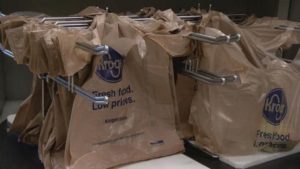
- Don’t skip rinsing and cleaning out glass and plastic jars and containers before tossing into recycling bins. It takes only a few seconds to rinse that jar of pasta sauce before placing in the recycle bin.
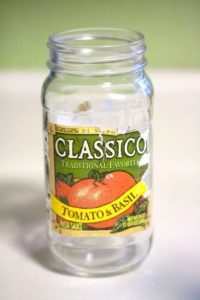
- Don’t throw anything and everything into recycling bins. For example, some areas do not accept milk/almond milk/soy cartons in their regular programs even if they are clean. This leads back to knowing what is and what is not accepted in your city or town.
- Don’t recycle toxic containers such as paint or oil cans. These items can be dropped off at your local household hazardous waste collection facility.

- Don’t toss trash or green yard waste into recycling bins.
- Don’t forget the other R’s in Reduce, Reuse…Recycle! Think about how you can buy items with less packaging and also how to reuse items before tossing them.
Simple Tips for Recycling More at Home
Set yourself up for success. Making recycling convenient and easy at home will help the entire household get on board and into the habit of recycling.
- Flatten all your cardboard boxes and packaging to make more room in your bins.
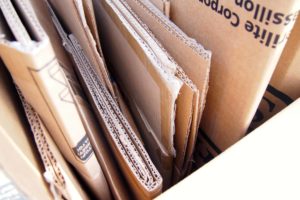
- Create designated space and receptacles for different categories of recycling: glass, paper, plastics, etc.

- Clearly label each container so everything goes into the correct container, saving you time later when it’s time to head to the recycle center.
- Consider installing an aluminum can crusher if you consume lots of soda or beer. A can crusher will minimize the space taken up by cans and also keep your designated recycle space more organized.
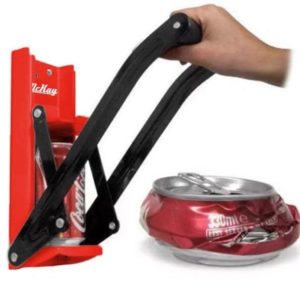
- Schedule regular trips to your local recycling center for items not collected curbside, whether it is needed monthly or every other month. Making this a part of your schedule will help make this a regular habit for your family.
- Teach all family members how to recycle properly, how to clean and rinse off items before they are added to recycling bins, and which items can or cannot be recycled.
Beyond Recycling…
One of the most common things people overlook is our buying power. Besides the actual act of recycling, what we buy and how we buy household items can be a powerful tool in helping the environment. Always look for items that are made from recycled materials. This can make a huge difference. Did you know that 544,000 trees would be saved if every American household replaced just one roll of virgin paper towels (70 sheets) with a roll made of 100% recycled paper?! Support recycling through your purchases. So many items are made with recycled materials from toys, to cleaning supplies. Make it a habit to look for the phrase “Made from Recycled Materials” on your weekly shopping trips.
Make note of what is leaving your household, recognizing where most of your waste is coming from can help you make changes to lessen or eliminate that waste. Individually packaged items are a big one. While these are super convenient for a busy life, especially with kids, they always use more packaging and create more waste. Try buying in bulk and picking up reusable bags for snacks and lunches. Those convenient and packaged snacks and drinks are also usually more expensive, so you will also end up saving money in the long run.
Also, be aware of items that can be saved and reused instead of tossed after a single use. Gift bags, wrapping paper, and tissue paper are just one example. Most people toss these items after the gifts are opened, but we can neatly fold and save most of these items to be reused later. Tissue paper is almost never able to be recycled, so it is a good idea to try and reuse it before tossing. Even recyclable items like glass or plastic jars can be repurposed first. These items can be washed and then used for storing other bulk food items or organizing craft or art supplies.
These are just a few recycling tips and suggestions to step up your recycling game. There is so much we all can do to decrease our waste and recycle more. We should all do whatever we can to help limit our waste and it begins in our very own homes.

